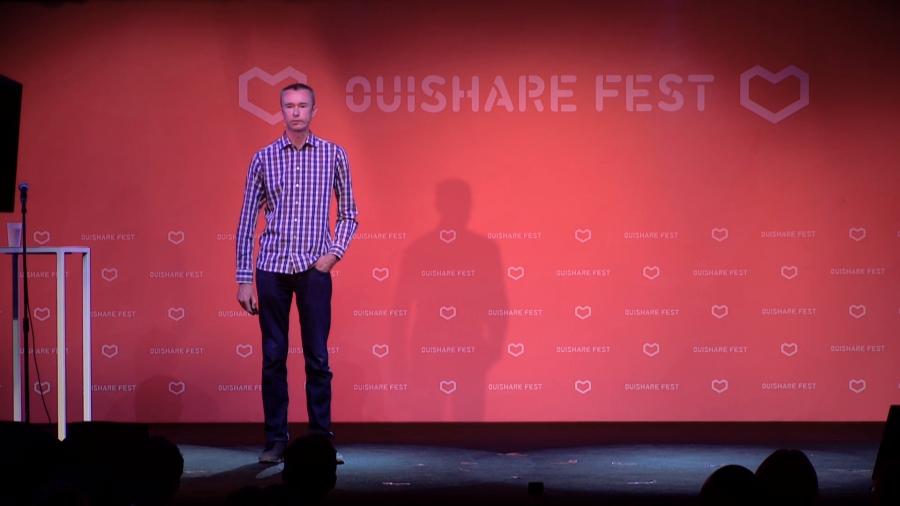One very interesting addition to the public space is how we are conditioning and defining the public space with regards to eventual attacks. And it’s changing the landscape radically. And the very first knee-jerk reaction was concrete blocks in front of many institutions. Now they’re trying to design these concrete blocks so they seem something which is part of the landscape but the presence and the robustness is still so violent that it’s hard to hide the intention.
Archive (Page 1 of 2)
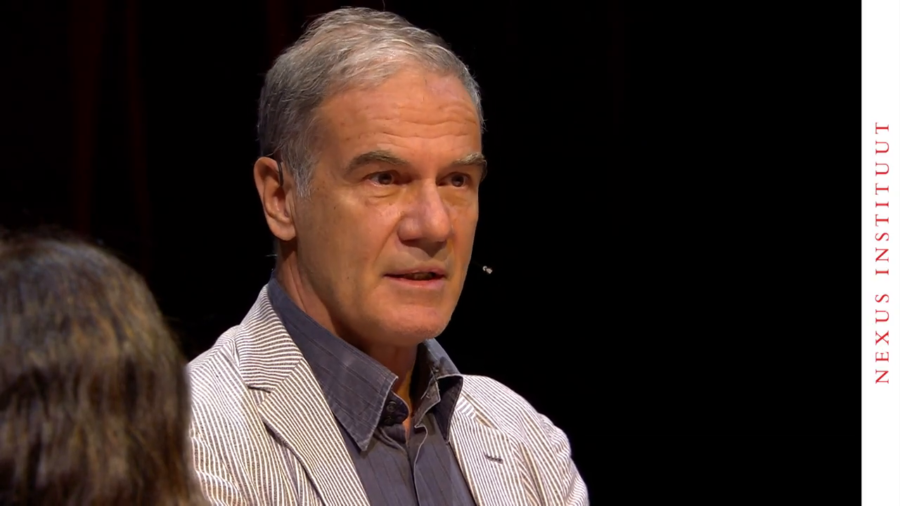
I’m very diffident towards values, any kind of. Because you know, values can be very dangerous. And as the poem of Yeats says, the passionate intensity in believing in something can be very dangerous.
As the show advanced, we realized that there are a lot of people really really worried about the future, and they’re worried about big, big things. We’re talking things like inequality. We’re talking things like overconsumption of resources and environmental collapse. Social collapse. Community breakdown. General feelings of powerlessness against massive systems. And this seems to be universal.
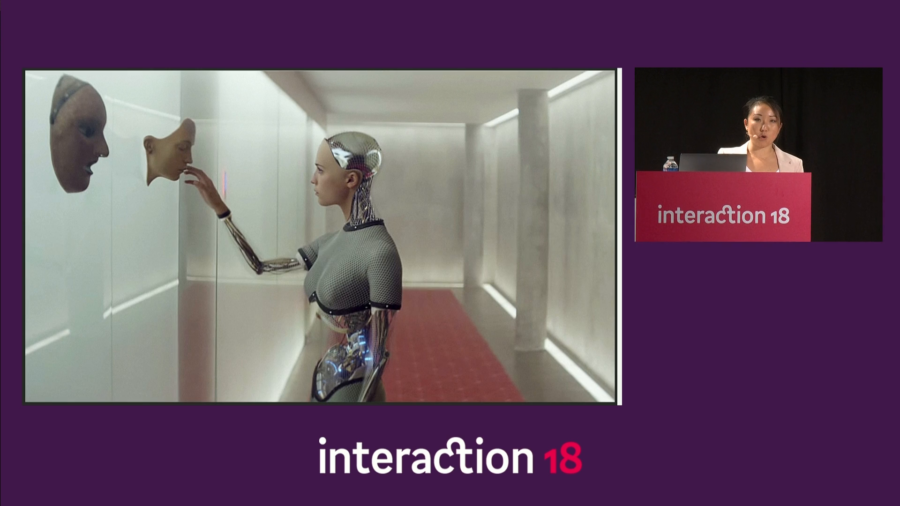
BJ Copeland states that a strong AI machine would be one, built in the form of a man; two, have the same sensory perception as a human; and three, go through the same education and learning processes as a human child. With these three attributes, similar to human development, the mind of the machine would be born as a child and will eventually mature as an adult.
I don’t understand the fear. And that’s the biggest threat. And the reason it’s a threat is it makes your judgment bad. You never make good decisions when you’re afraid. And it destroys your ability to clearly look at the facts and do something. You choke, in other words.
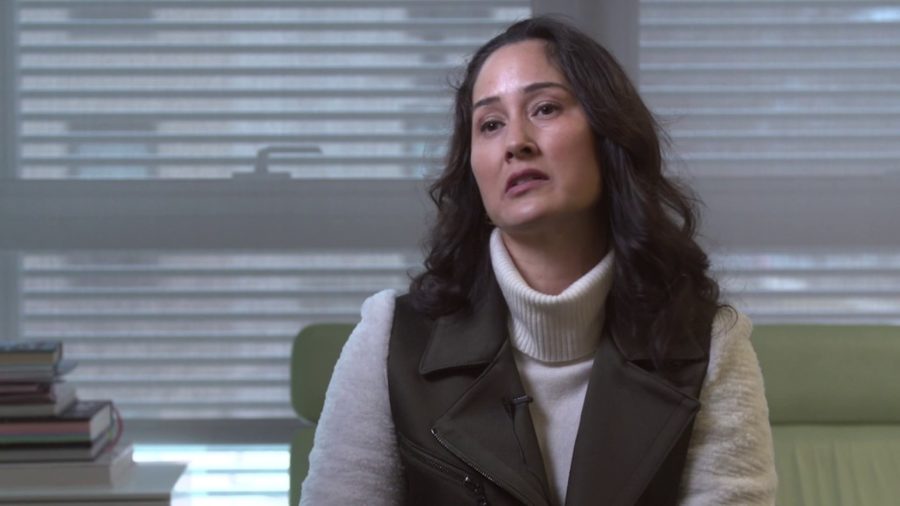
I think there are countless amazing opportunities for artificial intelligence and its impact on society. I think one of the areas I’m truly the most excited about is education.
Today, in America right now, we only can think of growth in quantitative terms. And in a resource-constrained environment, how frickin’ stupid is that? You’re actually imposing your own death sentence by not being able to get over the grip of this quantitative dynamic.
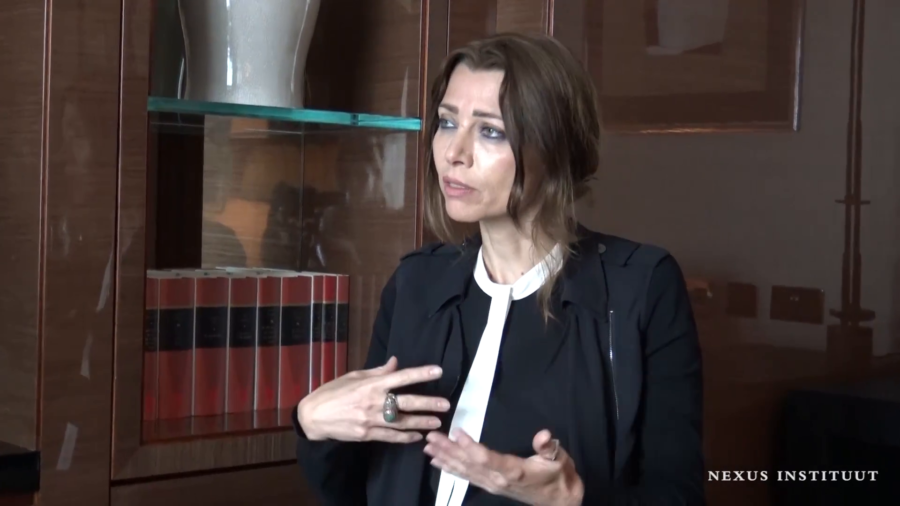
When I look at the signs today, I see a very strong trend back to what I call tribalism, back to nation-states, nationalism, religiosity, all those divisive forces that many intellectuals in the 1940s, ’50s, thought were going to disappear gradually. That did not happen.
There are biologists who’ve spent their careers working on some species of beetle in the tropical rainforest, and they just love the rainforest in their bones And they feel that when they go testify in Congress to some committee, that they can’t just say, “I love it in my bones and you guys will love it too, if you share it with me.” They have to say, “Oh, we’ve done all this math and computed that there’s an ecosystem service here.” And I think that that has really impoverished our debate about environmental issues.

